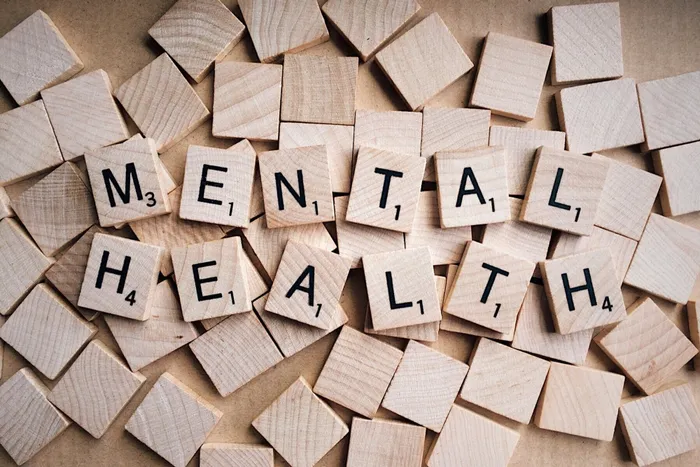WHO campaign to raise awareness about mental health, suicide

The possibility of using brain stimulation to help prevent future violence just passed a proof of concept stage, according to new research published in the Journal of Neuroscience. Pic: Pexels.com
Cape Town - The World World Health Organization (WHO) on Thursday launched a campaign to raise awareness and spur action for suicide prevention in the African region, which has the world’s highest rates of death by suicide.
Around 11 people in 100 000 a year die by suicide in the African region, higher than the global average of nine in 100 000 people.
This is due in part to insufficient action to address and prevent the risk factors, including mental health conditions which currently affect 116 million people, up from 53 million in 1990.
The social media campaign, launched ahead of World Mental Health Day on Monday, aims to reach 10 million people across the region to raise public awareness and galvanise the support of governments and policymakers to increase focus and funding for mental health programming, including suicide prevention efforts.
These efforts include equipping health workers to better support those dealing with suicidal thoughts, educating people who may experience these thoughts on where to go for help, as well as sensitising the public on how to identify and help those in need and to help tackle the stigma associated with suicide, epilepsy, mental health conditions and alcohol and drug abuse.
The African region is home to six of the 10 countries with the highest suicide rates worldwide.
The common means of suicide in the region are hanging and pesticide self-poisoning and, to a lesser extent, drowning, use of a firearm, jumping from a height or medication overdose.
Studies show that in Africa, for each completed suicide, there are an estimated 20 attempted ones.
“Suicide is a major public health problem and every death by suicide is a tragedy. Unfortunately, suicide prevention is rarely a priority in national health programmes,” said Dr Matshidiso Moeti, WHO Regional Director for Africa.
“Significant investment must be made to tackle Africa’s growing burden of chronic diseases and non-infectious conditions such as mental disorders that can contribute to suicide.”
WHO said in Africa, underinvestment by governments is the greatest challenge to adequate mental health service provision.
On average, governments allocate less than 50 US cents per capita to mental health. Although it is an improvement from 10 US cents in 2017, it is still well below the recommended $2 (about R35) per capita for low-income countries.
Additionally, mental health care is generally not included in national health insurance schemes.
Due to the low investment in mental health services, the African region has one psychiatrist for every 500 000 inhabitants.
Additionally, mental health workers are mostly in urban areas, with primary and community health facilities having very few, if any.
WHO said it is supporting countries to step up mental health services in the region. Primary health-care workers in Zimbabwe are being trained under a WHO initiative to boost quality and access to mental health services.
In Kenya, Uganda and Zimbabwe, an initiative to develop country investment cases for mental health services has been concluded and advocacy is under way to mobilise resources.
The organisation is also supporting Cabo Verde and Ivory Coast to carry out national suicide situation analysis as a first step towards devising effective response measures.
“Mental health is integral to wholesome health and well-being, yet far too many people in our region who need help for mental health conditions do not receive it.
“It’s time for radical change,” Moeti said.
Cape Times
Related Topics: